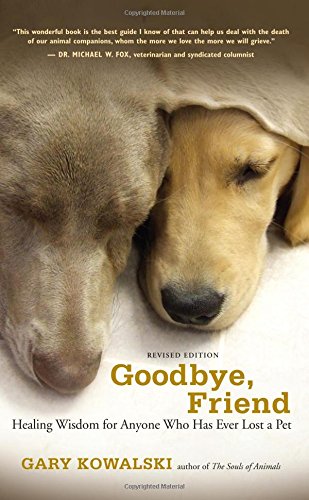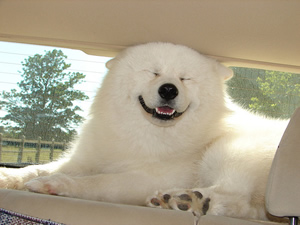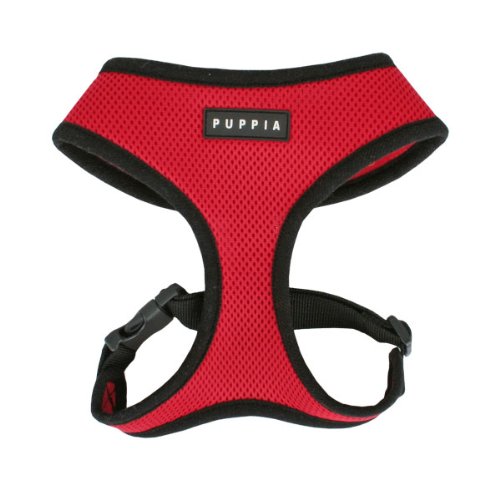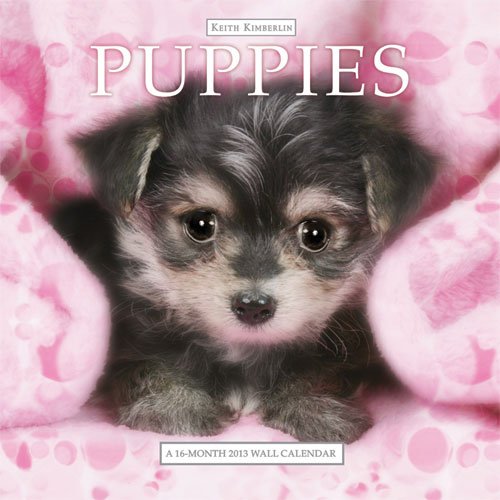Kennel cough (canine infectious tracheobronchitis) is a disease that affects the trachea lining, thereby causing minor irritation. A dog with this disease coughs frequently, usually every few minutes and all throughout the day. Although kennel cough is one of the most common infectious diseases among dogs, most cases of kennel cough are minor. Kennel cough tends to disappear on its own after a week or two. An airborne virus or bacteria is what causes kennel cough, the most common of which is a bacteria known as bordatella bronchiseptica.
The term "Kennel Cough" is the common name used for Canine Infectious Tracheobronchitis. This grand title relates to the prime sign - coughing localized to the trachea (wind pipe) and bronchi (within the lungs). It is also known as Bordetellosis, or Bordetella. Kennel Cough a worldwide upper respiratory disease caused by several different viruses and bacteria. A high percentage of dogs contract Kennel Cough during their lifetime. In the majority of cases the disease is not serious in itself but it can lead to some dogs developing life- threatening complications.
The most common factor of canine bordetellosis is the presence of the bacterium known as bordetella bronchispetica, though conditions such as parainfluenza, canine adenovirus and the canine herpes virus may also contribute. In most cases, the kennel cough is multifaceted and involves a mixture of virus and bacterium though, fortunately, the condition is easy to diagnose. Roughly one week after exposure, the symptoms of kennel cough usually begin to appear in those who are infected. If caught soon enough, canine bordetellosis is fairly easy to treat.
All dogs are at risk if they are in close contact with other dogs. With a high morbidity rate, clinical signs of kennel cough can be more severe in puppies, older dogs or debilitated individuals, including fatal bronchopneumonia. Any dog which comes into contact with other dogs is at risk. The disease is also not restricted to dogs, other species can become infected.
Your dog is coughing, sounding like it has something caught in its throat. This upper respiratory infection is essentially a “dog cold.” Coughing in spurts your dog rests and then coughs again. Yes, Kennel Cough is often worse at night + laying down. If your pet keeps coughing up food or phlegm and becomes listless, this is the time to see the vet. Otherwise you can manage Kennel Cough treatment simply and safely at home.
Canines often contract this bug after a stay in a kennel-hence, the name-where they come into close contact with other dogs who may be carrying the virus. Nowadays, most kennels won't let your pet board without proof of a bordatella vaccination, but your dog can get it if he comes into contact with any other infected animal. This might happen at a dog run, for example, or even while greeting another canine on the street.
The symptoms of kennel cough are very noticeable - mainly a dry, hacking cough, where the dog will hang his head, quite often making choking and retching sounds from his throat. This cough is brought about by an inflammation of the trachea, or windpipe, and the bronchi inside your dog’s lungs. Sometimes, the intensity of these coughing fits can be so intense that it will cause nausea and vomiting.

 Saying Goodbye to a Pet
On March 4th, 2016, we had t
Saying Goodbye to a Pet
On March 4th, 2016, we had t
 Adventures with Your Dog: 23 Ways To Spend Quality Time With Your Pooch!
23 Great Adventures With Your Dog
Its important to spend
Adventures with Your Dog: 23 Ways To Spend Quality Time With Your Pooch!
23 Great Adventures With Your Dog
Its important to spend
 The Difference Between Harnesses and Collars for Dogs
The Difference Between Colla
The Difference Between Harnesses and Collars for Dogs
The Difference Between Colla
 The Top Ten Cutest Puppy Pictures of All Time
Alright Alright I know. &nbs
The Top Ten Cutest Puppy Pictures of All Time
Alright Alright I know. &nbs
 Best Options for a GPS Locator for Pets
I remember when I was a chil
Best Options for a GPS Locator for Pets
I remember when I was a chil